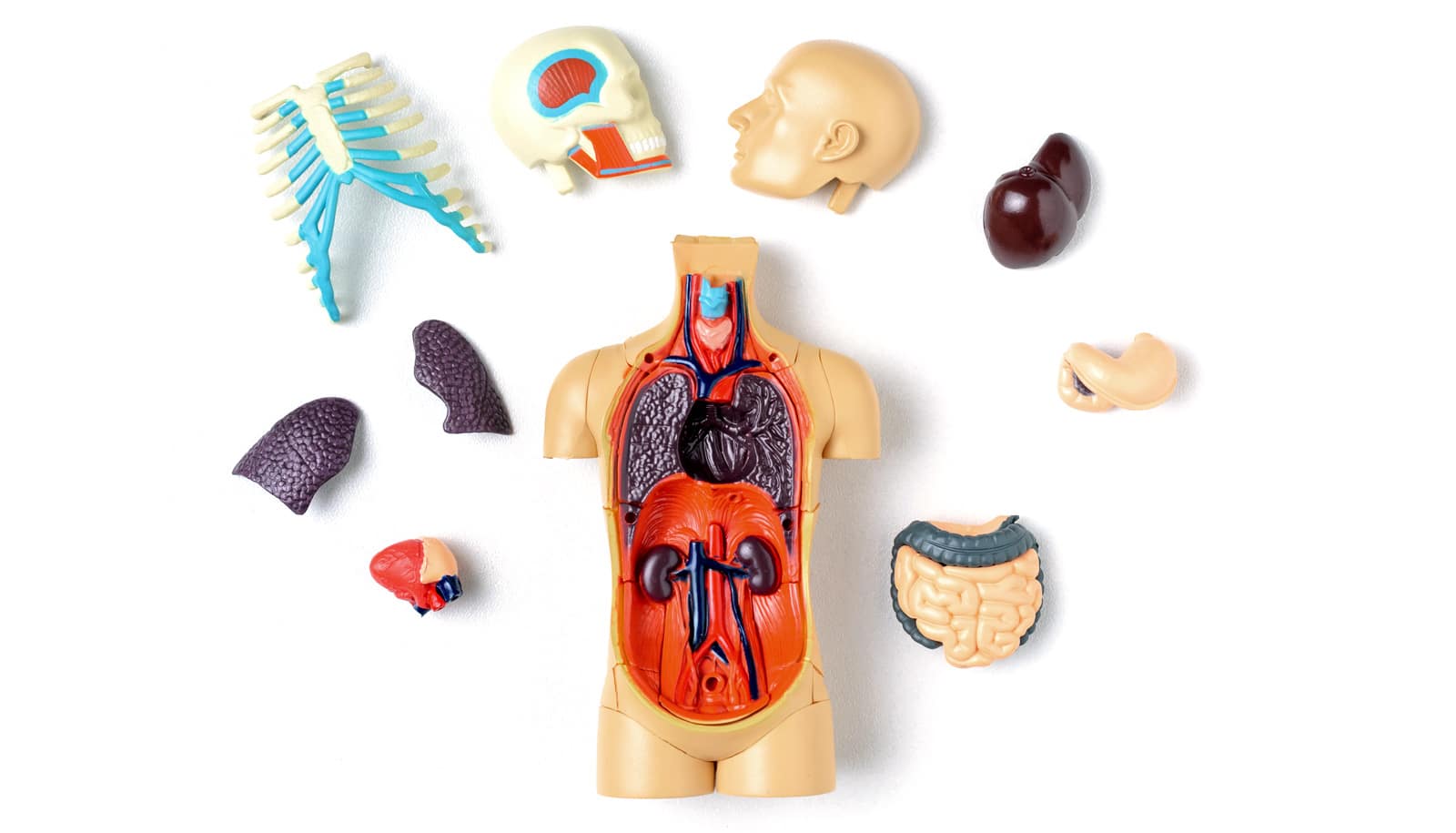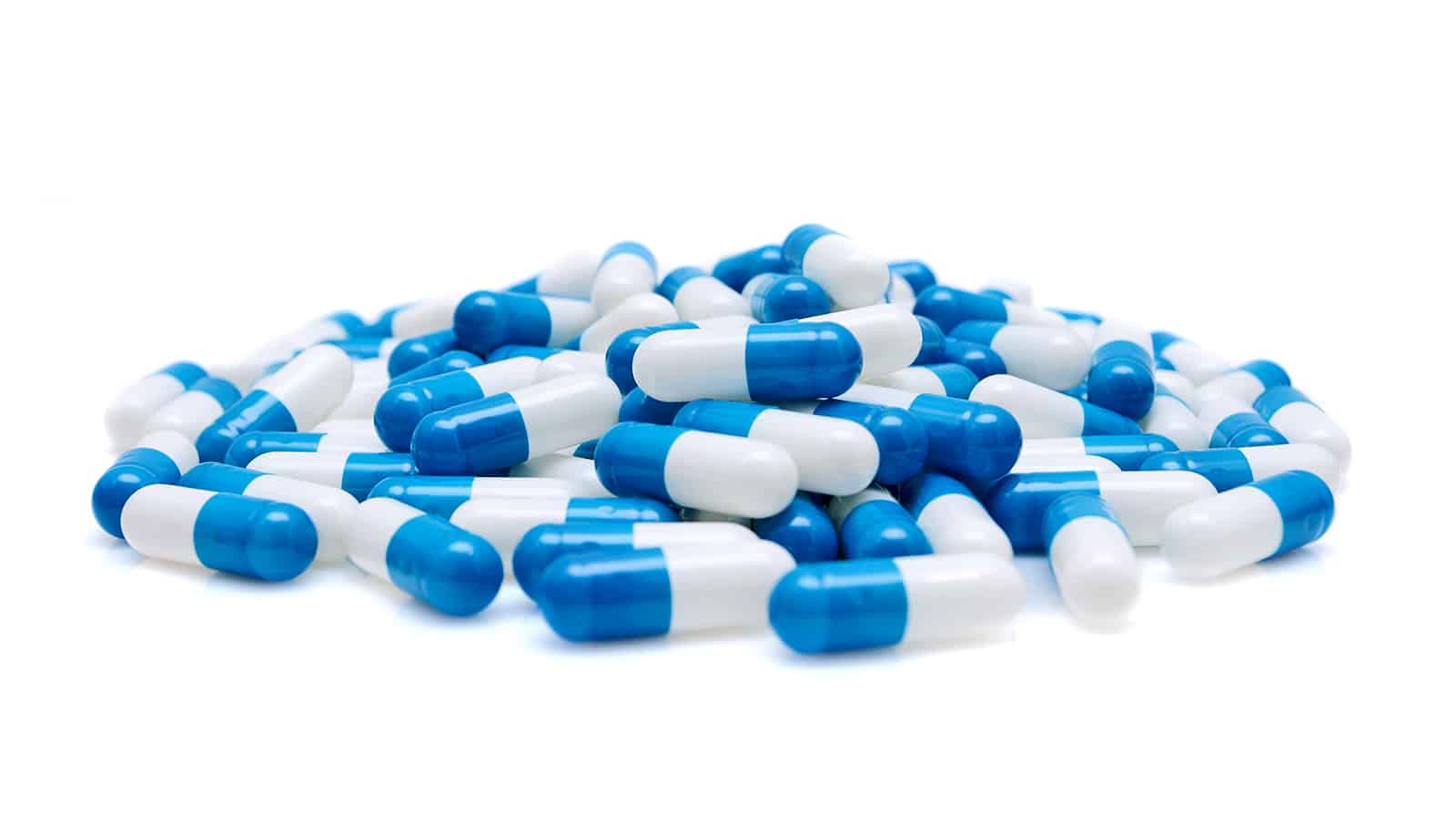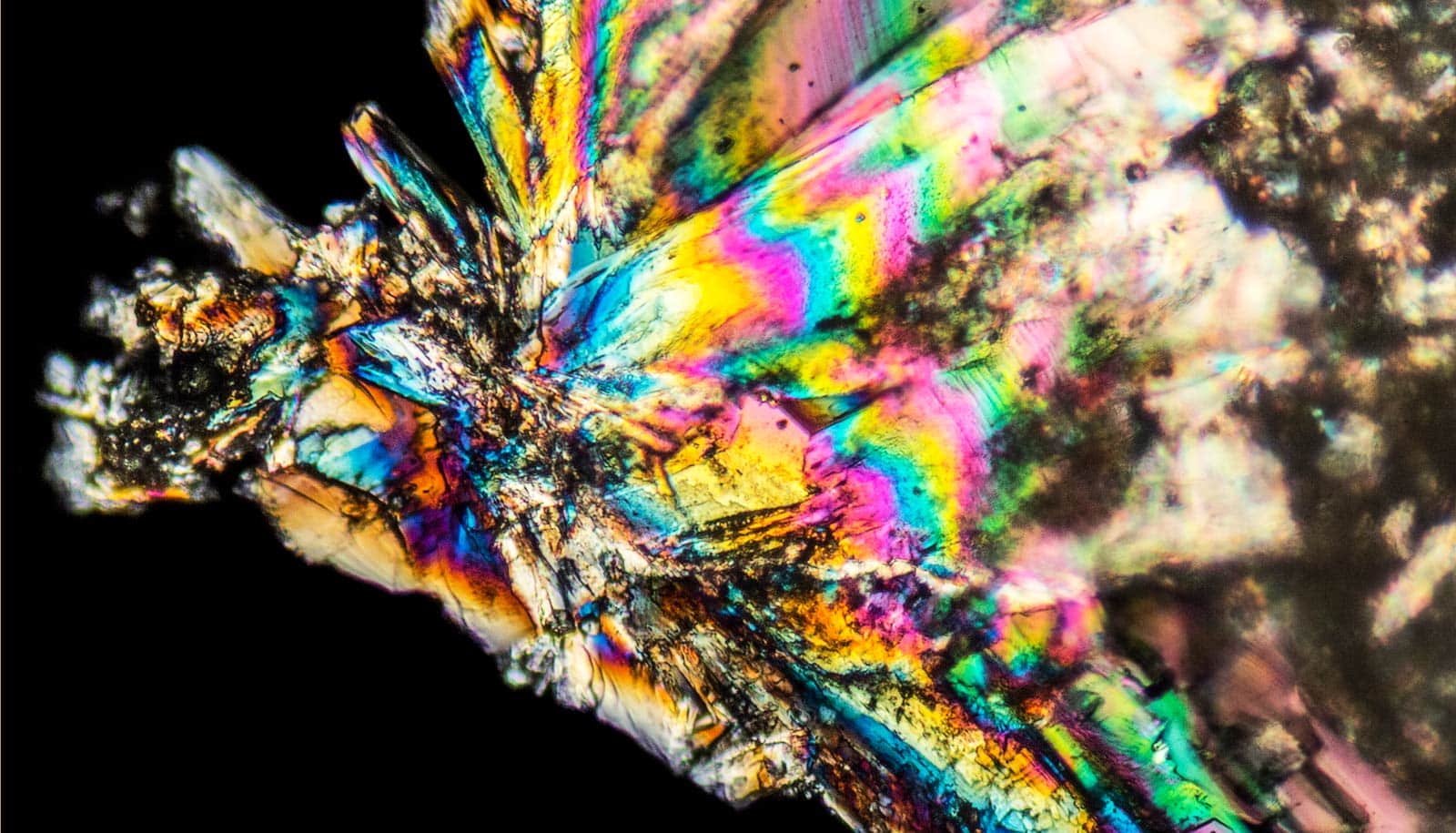Common medications for heartburn, acid reflux, and ulcers are linked to increased risks of kidney failure and chronic kidney disease, according to a new study.
Use of proton pump inhibitors (PPI), a group of drugs that reduce the production of stomach acid, may increase risk as much as 20 percent—and also come with a four times greater risk of kidney failure, researchers say. People at least 65 years old have the highest risk.
The research, which appears in Pharmacotherapy, is one of the first large, long-term studies to examine the effects of PPIs on kidney function. Researchers examined health data of more than 190,000 patients over a 15-year period.
“This study adds to a growing list of concerning side effects and adverse outcomes associated with PPIs,” says David Jacobs, lead investigator and assistant professor of pharmacy practice in the University at Buffalo School of Pharmacy and Pharmaceutical Sciences.
“Given the increasing global use of PPIs, the relationship between PPIs and renal disease could pose a substantial disease and financial burden to the health care system and public health.”
PPIs, one of the most commonly prescribed medications in the United States, with an estimated 113 million prescriptions filled in 2008, cost patients nearly $14 billion, Jacobs says.
Due to acid reflux and related conditions only requiring short-term treatment with PPIs, he adds, up to 70 percent of patients overuse these medications without benefit and experience unnecessary adverse effects.
The prevalence of PPI use in the US could have a devastating effect on public health, researchers say. Because these drugs are still considered safe, education and de-prescribing initiatives to raise awareness among heath care providers are needed, Jacobs says. De-prescribing may include reducing dosage or stopping usage.
Researchers gathered the data for the investigation from medical insurance and prescription claims from a Western New York insurer. Researchers examined medical history of adult patients with no history of kidney disease.from 1993 to 2008.
The researchers compared kidney health between patients who underwent PPI therapy and those who didn’t. The PPIs the researchers examined included esomeprazole, lansoprazole, omeprazole, pantoprazole, and rabeprazole (sold under brand names Vimovo, Prevacid, Prilosec, Protonix, and Aciphex, respectively).
Source: University at Buffalo



